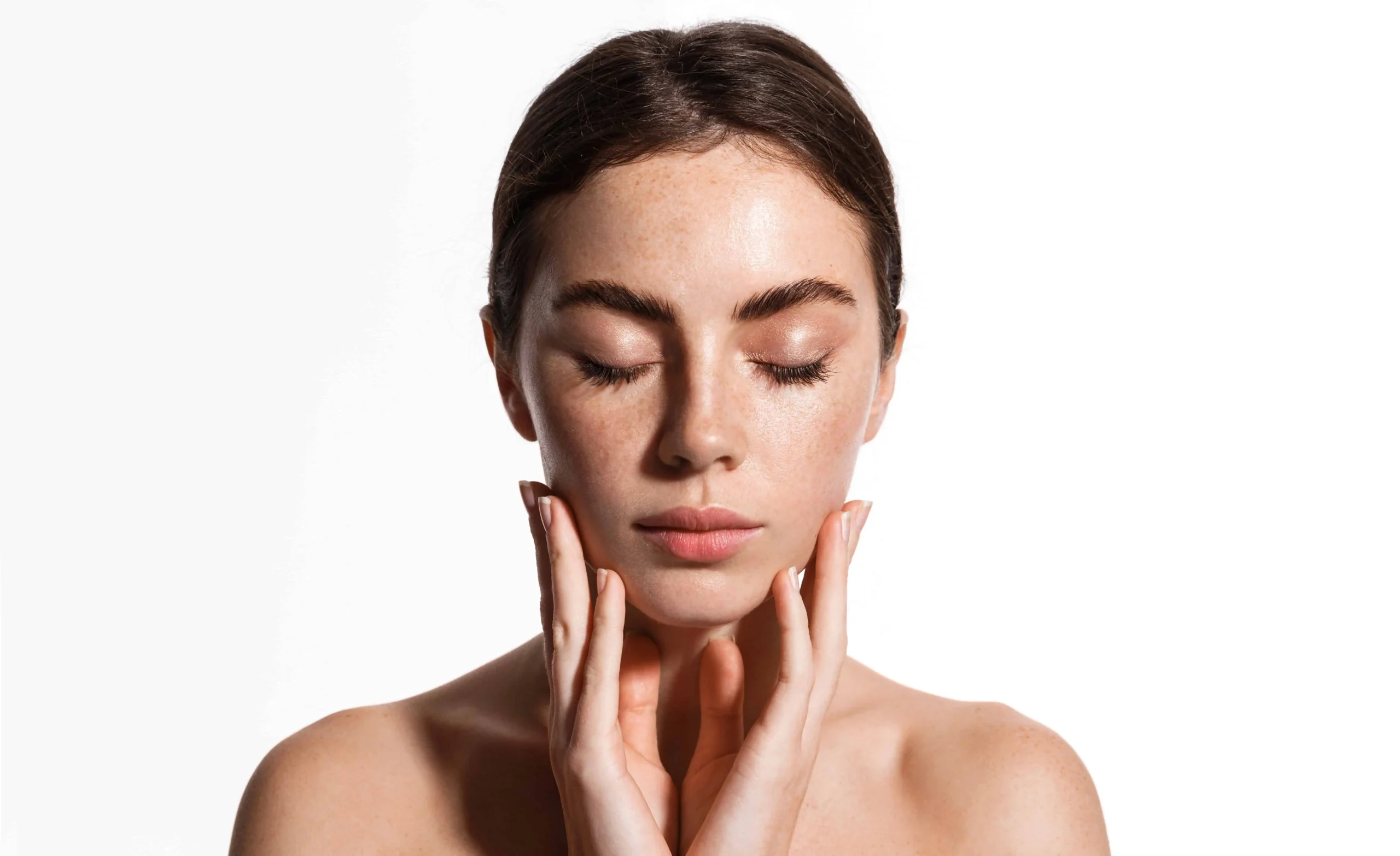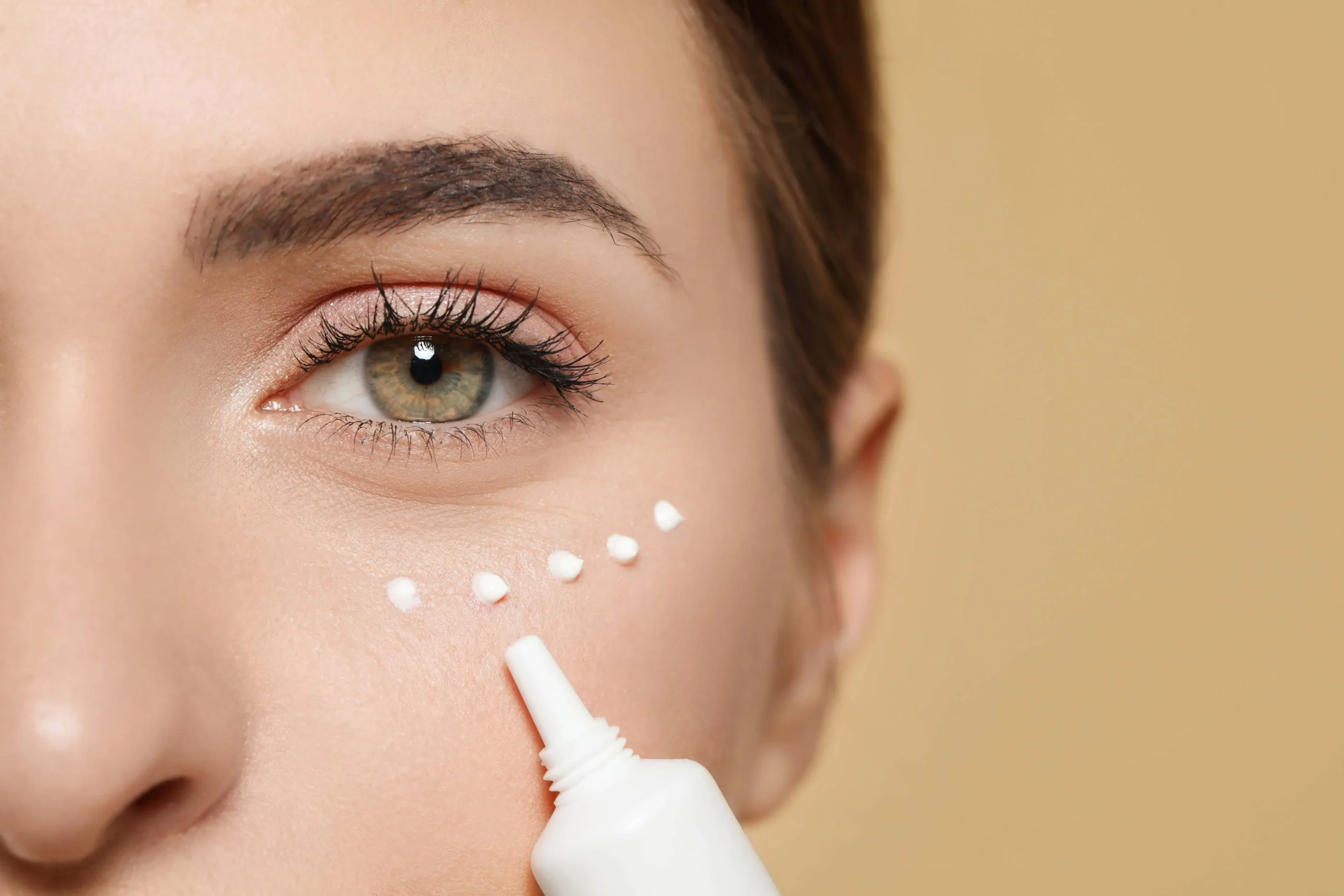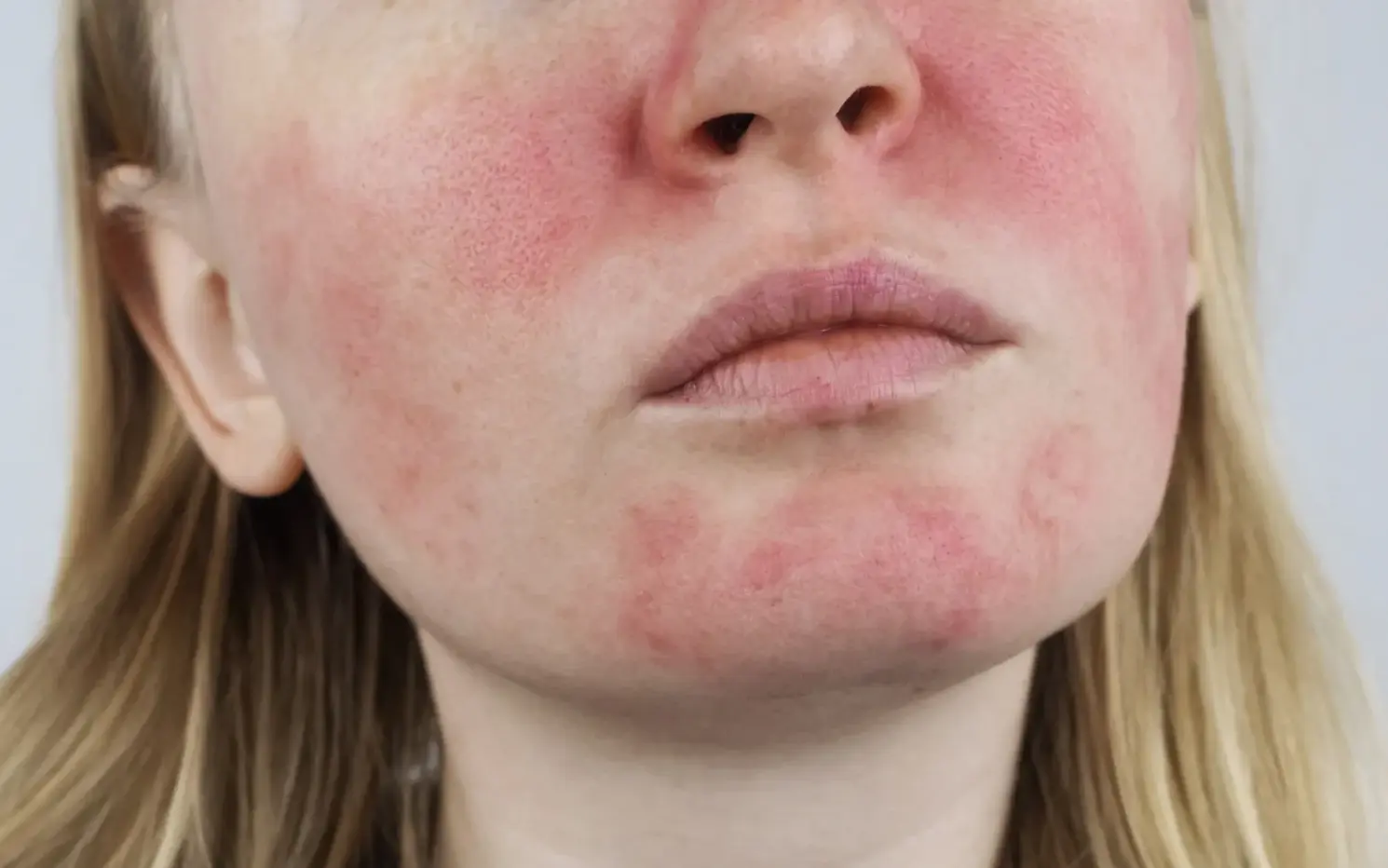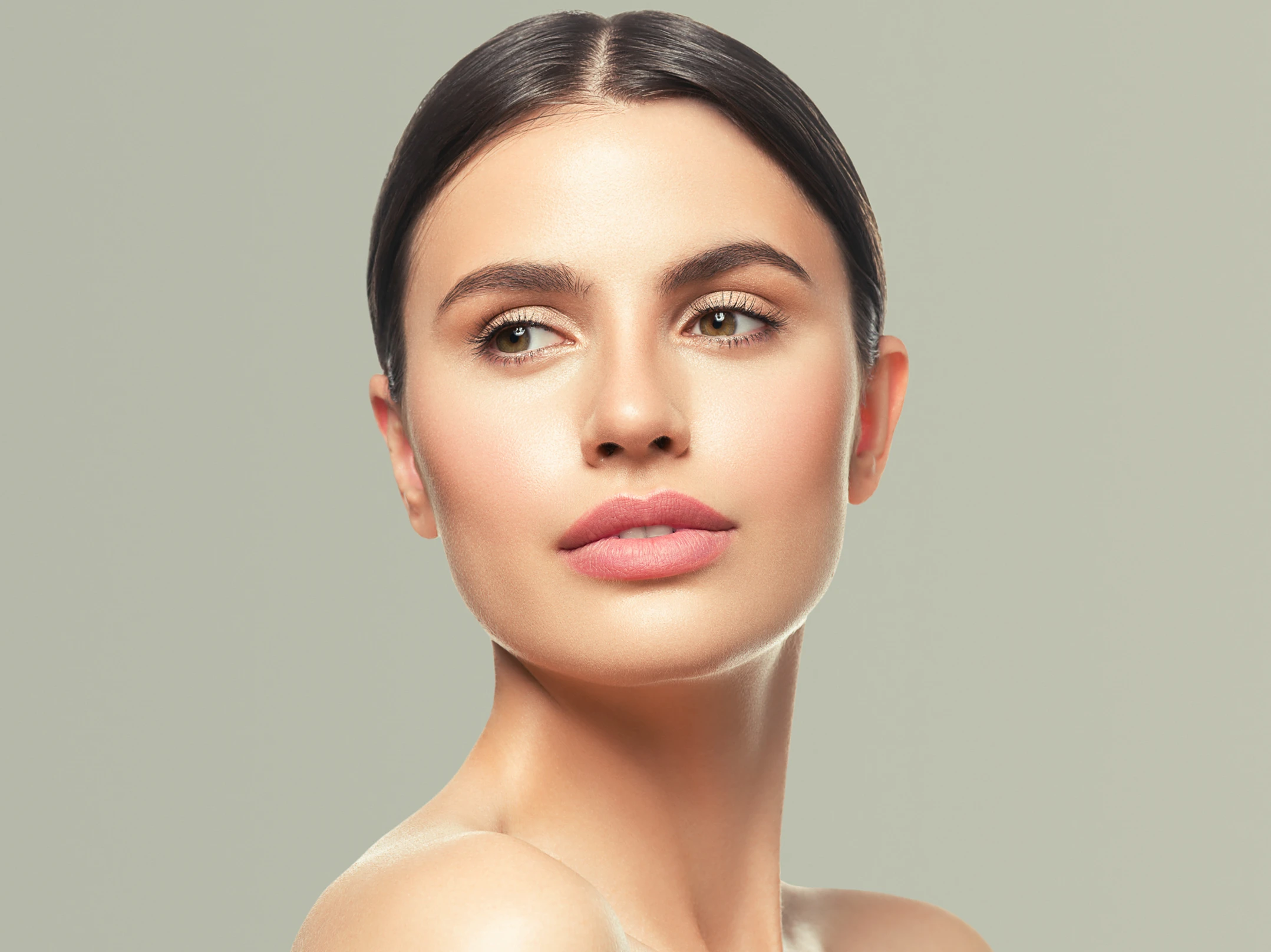As consumers become increasingly aware of ethical and environmental concerns, the demand for cruelty-free and vegan cosmetics is on the rise. Many traditional cosmetic products contain animal-derived ingredients, leading to questions about their ethical implications. This blog post will explore common animal products used in cosmetics, their functions, and effective vegan alternatives.
Common Animal-Derived Ingredients in Cosmetics
Here are some widely used animal-derived ingredients and what they do:
- Lanolin: Derived from sheep’s wool, used for
- Collagen: Sourced from animal connective tissues, used for skin
- Gelatin: Made from animal bones and skin, acts as a
- Beeswax: Produced by bees, used for its emollient
- Carmine: A red pigment obtained from cochineal insects, used for
- Keratin: Protein derived from animal hair, used in hair products for
Vegan Alternatives to Animal Products
Here’s a look at plant-based alternatives that can replace the animal-derived ingredients listed above:
| Animal Product | Function | Vegan Alternative | Function of Alternative |
| Lanolin | Moisturizing | Shea Butter | Deeply hydrates and nourishes the skin. |
| Collagen | Skin plumping | Plant Peptides | Supports skin elasticity and hydration. |
| Gelatin | Thickening agent | Agar-Agar | A natural thickener derived from seaweed. |
| Beeswax | Emollient for creams and balms | Candelilla Wax | Provides similar emollient properties. |
| Carmine | Coloring agent | Beet Juice or Annatto | Natural colorants that provide vibrant hues. |
| Keratin | Strengthening hair | Vegan Keratin (from soy or wheat) | Strengthens and protects hair without animal sources. |
Why Choose Vegan Alternatives?
- Ethical Considerations: Vegan alternatives support animal welfare and avoid the ethical dilemmas associated with sourcing animal-derived ingredients.
- Sustainability: Plant-based ingredients are often more sustainable and environmentally friendly than animal-derived products.
- Skin-Friendly: Many vegan alternatives contain beneficial nutrients and properties that can enhance skin and hair health without the risk of irritation associated with some animal products.
How to Identify Vegan Cosmetics
- Look for Labels: Products labeled as “vegan” or “cruelty-free” indicate that they do not contain animal-derived ingredients and were not tested on animals.
- Research Brands: Many brands provide detailed information about their ingredients and sourcing practices on their websites.
- Use Resources: Organizations like PETA and The Vegan Society offer databases of brands that adhere to vegan and cruelty-free standards.
Conclusion
As the beauty industry evolves, the availability of vegan alternatives to traditional animal-derived ingredients continues to grow. By choosing vegan cosmetics, you can support ethical practices while enjoying products that are kind to your skin and the planet. Understanding the differences between animal products and their plant-based counterparts empowers consumers to make informed decisions that align with their values. Embrace the beauty of vegan cosmetics and discover a world of options that prioritize both ethical standards and your skincare needs!





